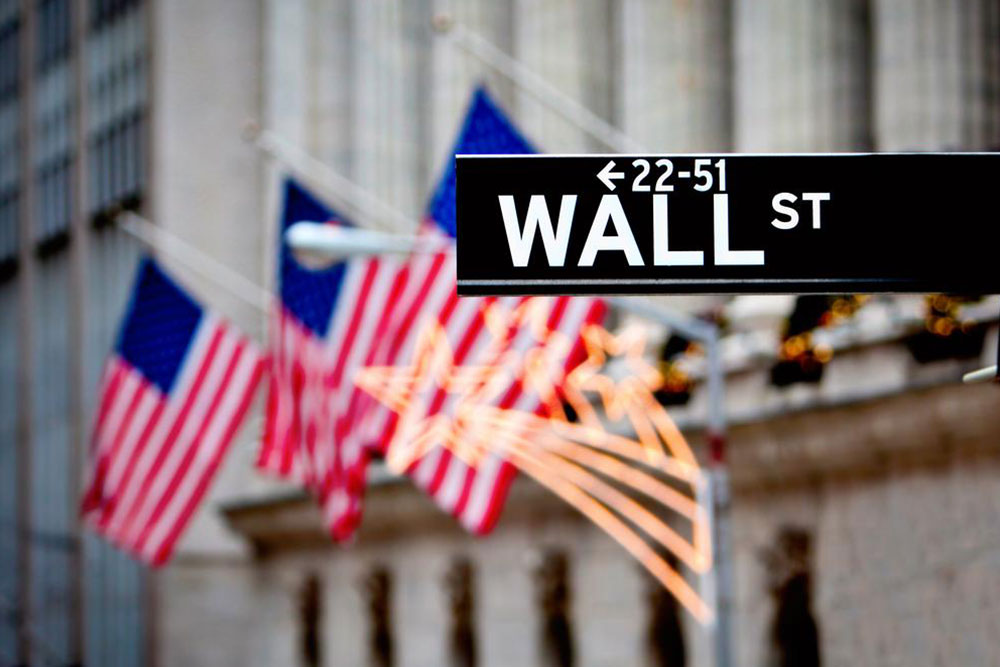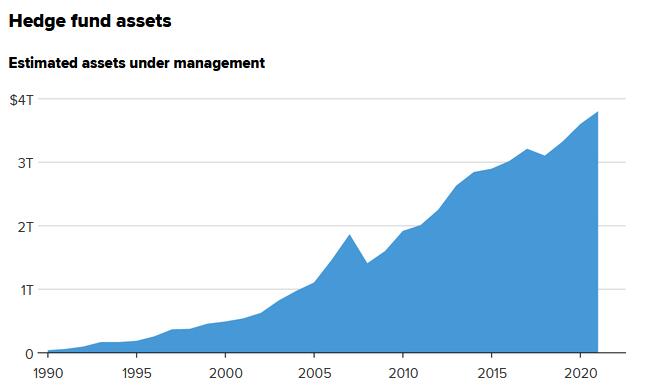Historical Development of the U.S. Stock Market
Explore the fascinating history of the U.S. stock market, from its early beginnings in the 1600s to its current status as a global financial giant. Understand key milestones like the Buttonwood Agreement, the formation of the NYSE, and major crises that shaped market regulation and development. Discover how these historical events influenced modern trading practices and regulatory frameworks, emphasizing the market's resilience and growth over centuries.

The Evolution of the U.S. Stock Market
The U.S. stock market, a cornerstone of the American financial system, has experienced a remarkable journey spanning over a century. Exploring its origins sheds light on how it evolved into a global economic powerhouse, impacting markets worldwide.
Early Beginnings
1600s: Dutch settlers and early traders in New York established a defensive wall, which would later develop into Wall Street, the hub of commerce and finance.
March 1792: A clandestine meeting at Corre's Hotel in NYC involved key traders devising strategies to organize securities trading and reduce competition from auctioneers.
May 17, 1792: The traders signed the Buttonwood Agreement beneath a Buttonwood tree, establishing rules to trade among themselves and form what would become the New York Stock Exchange (NYSE).
Market Origins: The Philadelphia Stock Exchange, established in 1790, was America's first. In 1817, NY merchants observed Philadelphia's success, leading to the formation of the New York Stock and Exchange Board on March 8, 1817, at 40 Wall Street. Membership was exclusive, with seat prices rising over the decades.
In the early 20th century, Wall Street saw significant wealth creation but also faced crises. The 1907 panic resulted in a massive securities dump, causing bank failures and the formation of a consolidated bank trust by JP Morgan. The 1929 stock market crash, known as Black Tuesday, wiped out enormous wealth, triggering widespread panic, suicides, and the creation of regulatory bodies like the SEC in 1934. NASDAQ was launched in 1971. Today, the NYSE remains the world's largest stock exchange by market capitalization, surpassing NASDAQ, London, and Tokyo combined.
Notice: Our website offers a broad range of informational content, based on thorough research. However, readers should not regard these articles as definitive or comprehensive. The team disclaims responsibility for any discrepancies or inaccuracies and notes that some schemes or offers may differ from those discussed here.









